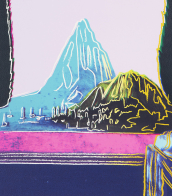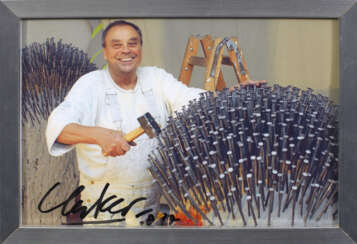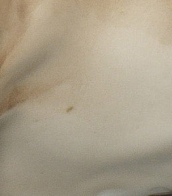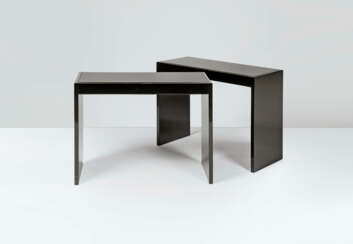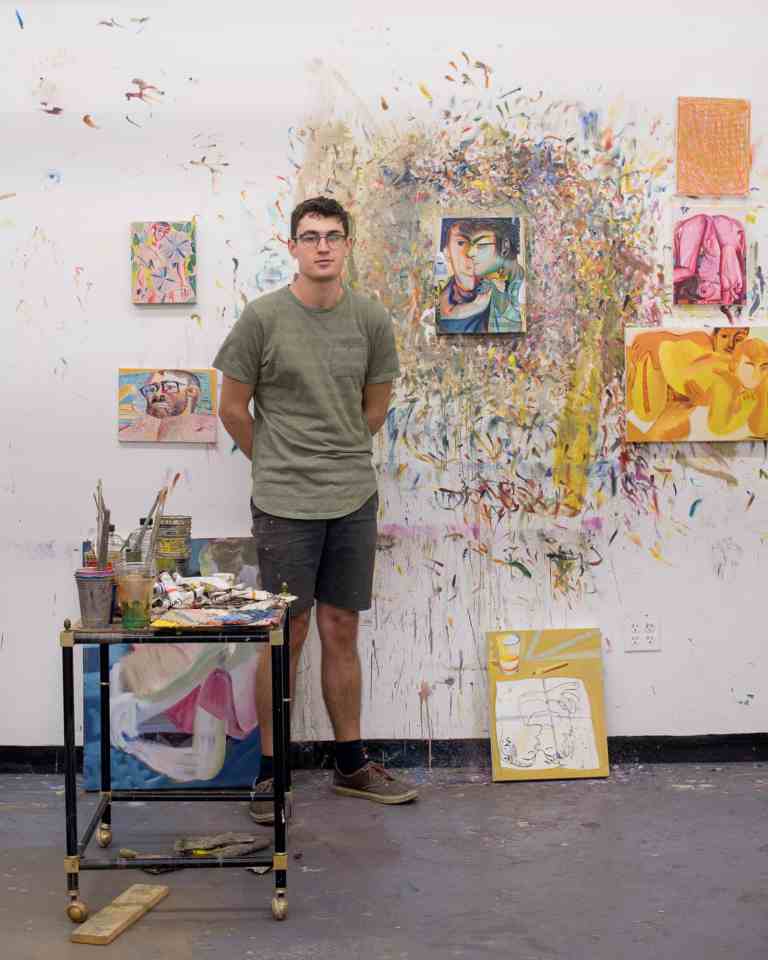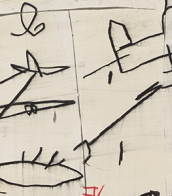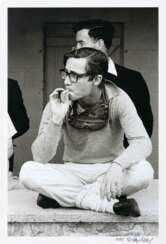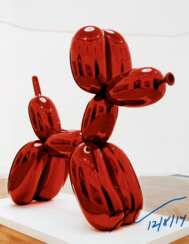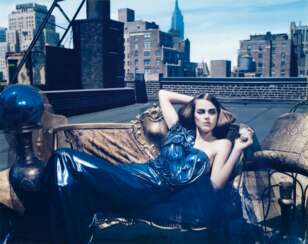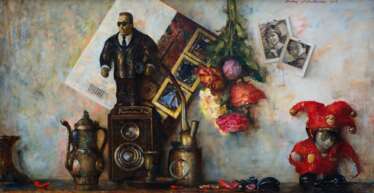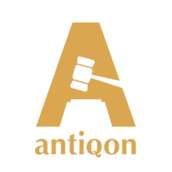21st century photography
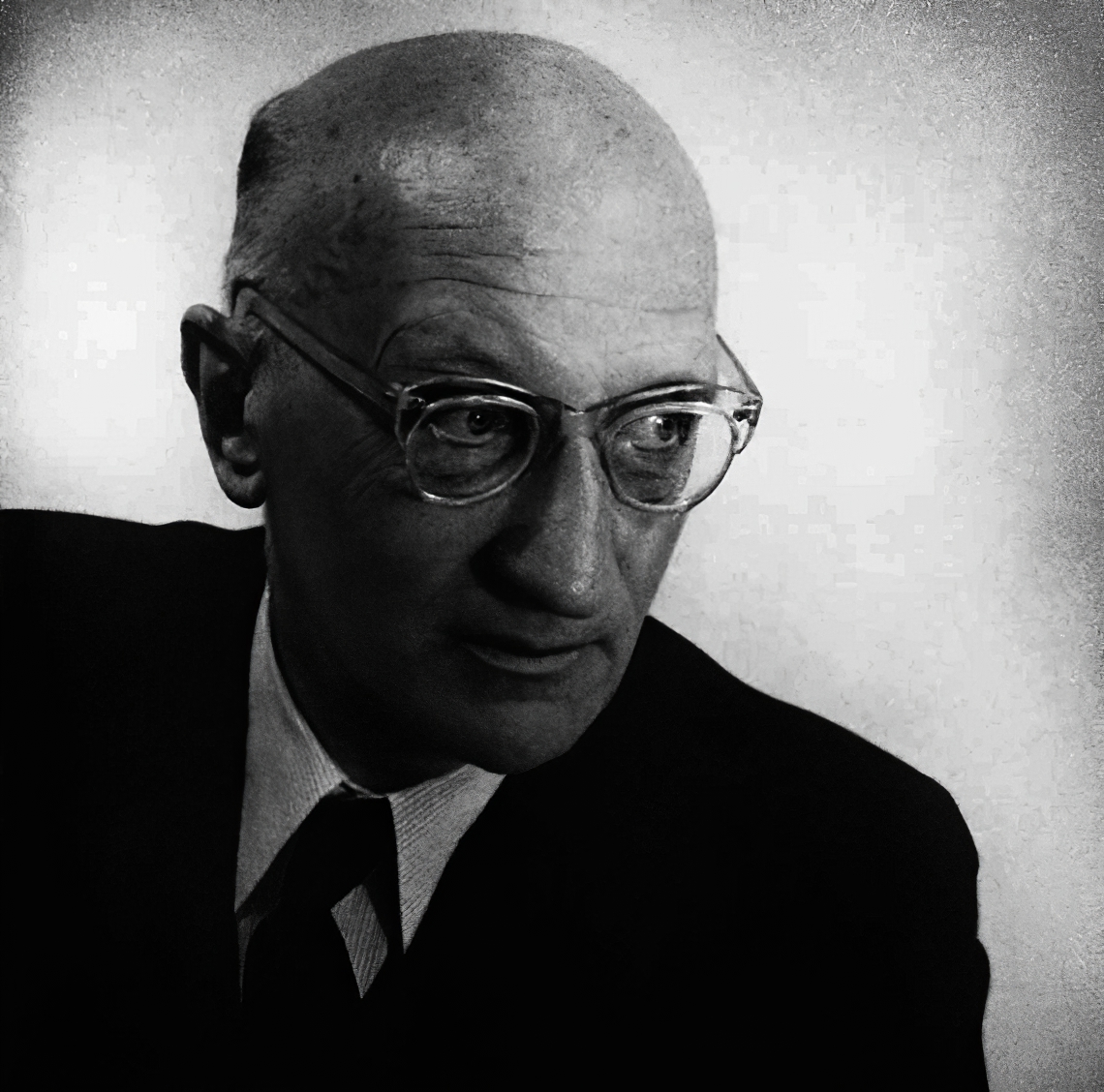
Hans Luckhardt was a German architect and the brother of Wassili Luckhardt, with whom he worked his entire life. He studied at the University of Karlsruhe with Hermann Billing and was a member of the Novembergruppe, the Arbeitsrats für Kunst, and the Glass Chain. Together with Anton Lorenz, he designed furniture in the 1920s and 1930s, predominantly steel-tube and moveable chairs.
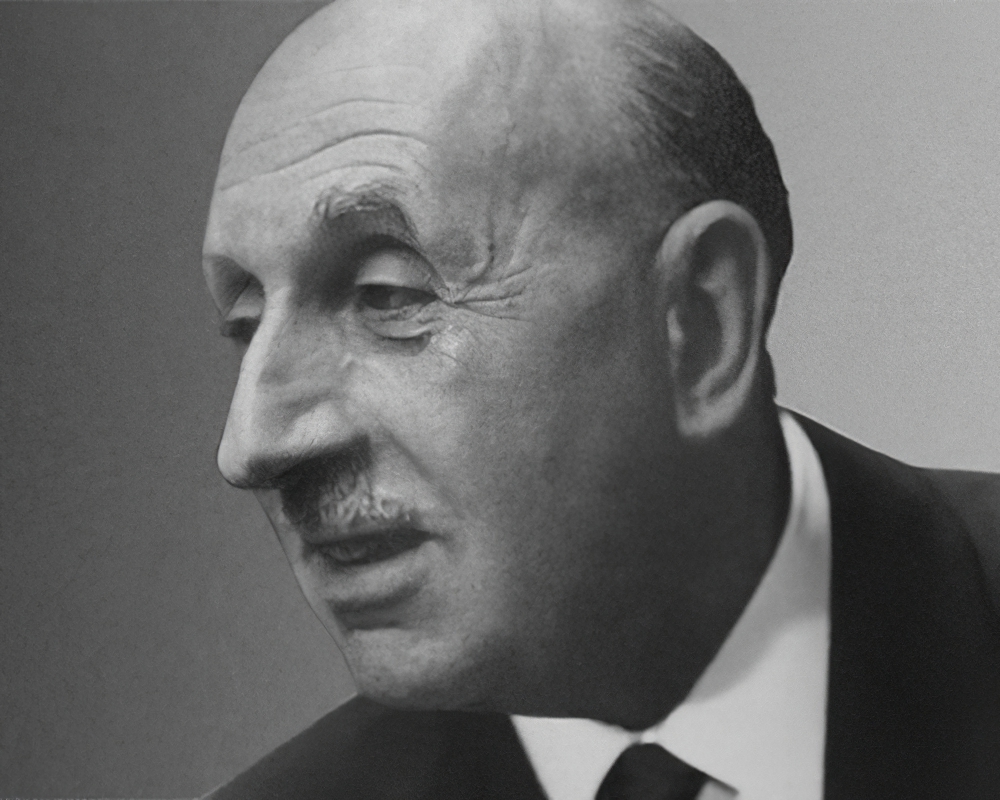
Wassili Luckhardt was a German architect. He studied at the Technical University of Berlin (Technische Universität Berlin) and Dresden. Luckhardt and his brother Hans worked closely together for most of their lives. Both were members of the November Group (Novembergruppe), the Arbeitsrat für Kunst, the Glass Chain and, from 1926, the progressive architecture group Der Ring. The brothers shared an office with the architect Alfons Anker.
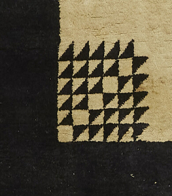

Hans Luckhardt was a German architect and the brother of Wassili Luckhardt, with whom he worked his entire life. He studied at the University of Karlsruhe with Hermann Billing and was a member of the Novembergruppe, the Arbeitsrats für Kunst, and the Glass Chain. Together with Anton Lorenz, he designed furniture in the 1920s and 1930s, predominantly steel-tube and moveable chairs.

Wassili Luckhardt was a German architect. He studied at the Technical University of Berlin (Technische Universität Berlin) and Dresden. Luckhardt and his brother Hans worked closely together for most of their lives. Both were members of the November Group (Novembergruppe), the Arbeitsrat für Kunst, the Glass Chain and, from 1926, the progressive architecture group Der Ring. The brothers shared an office with the architect Alfons Anker.

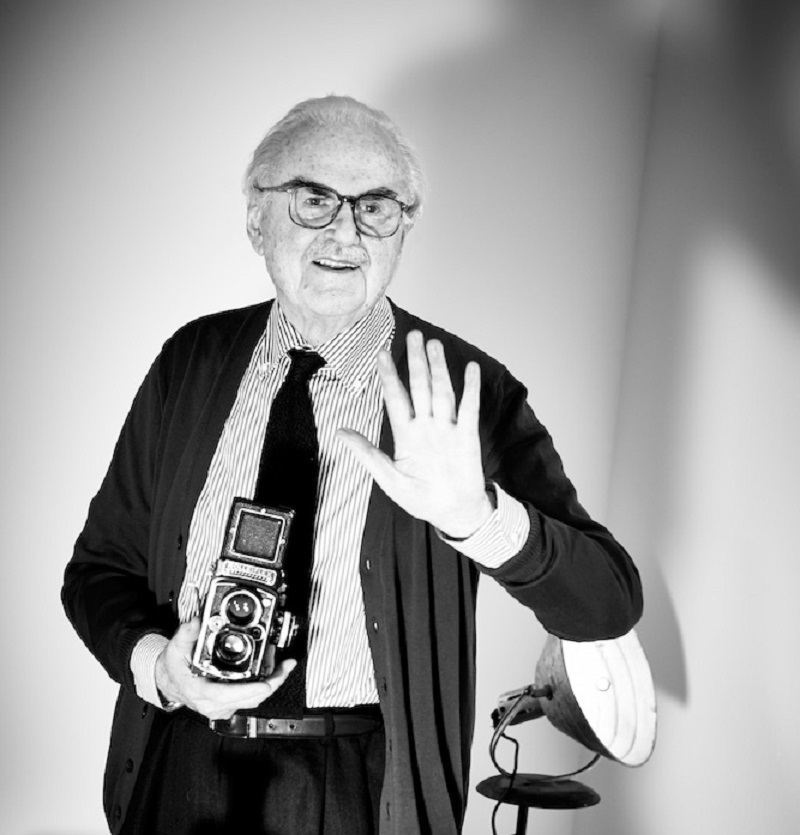
Franz Christian Gundlach was a German photographer, gallery owner, collector, curator and founder.
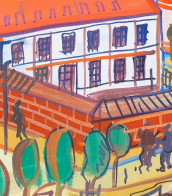
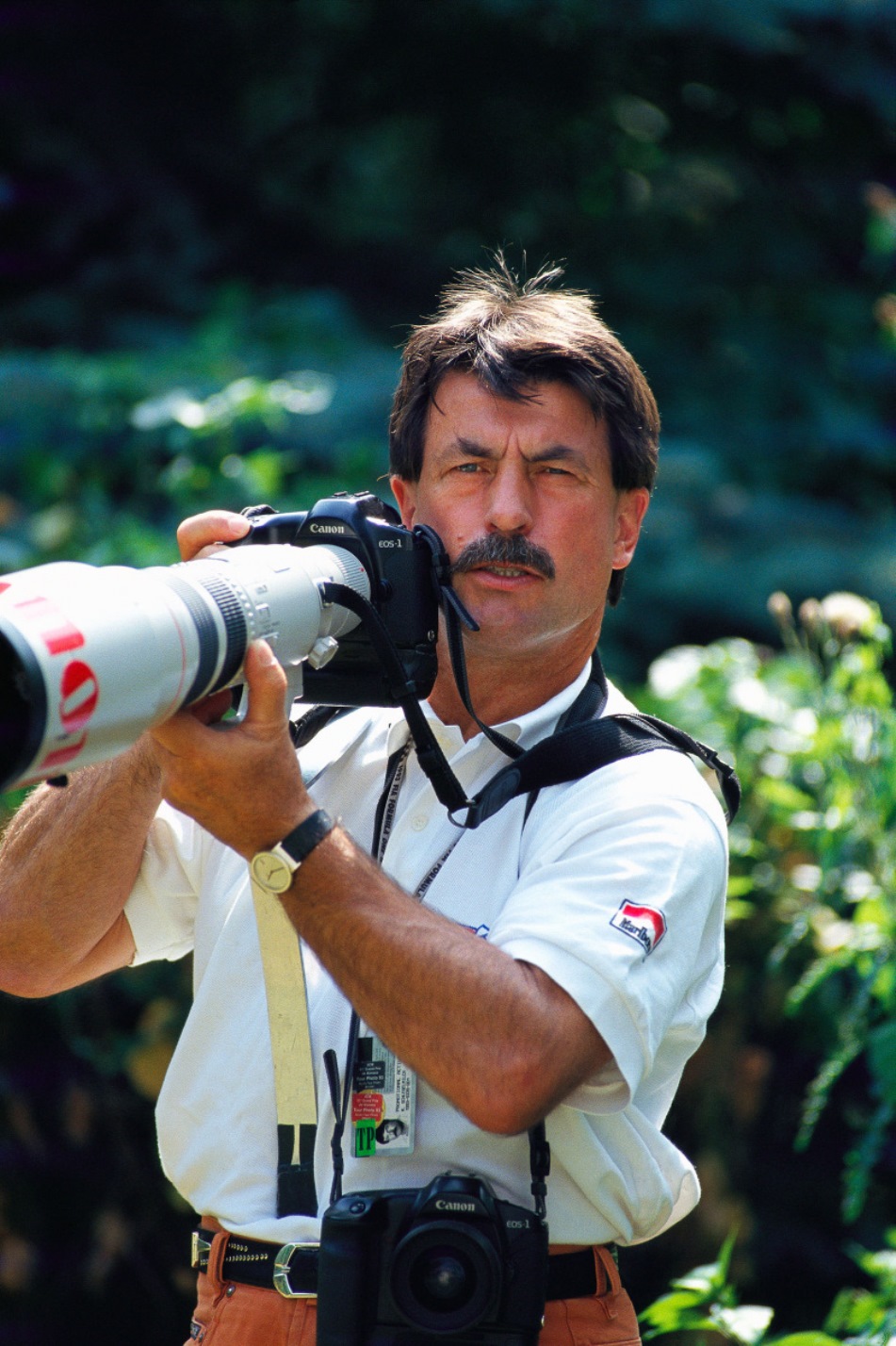
Rainer W. Schlegelmilch is a German motorsport photographer and photojournalist.
He studied at the Bavarian State College of Photography in Munich and already presented his work from motor racing at his graduation in 1962. Since then, this sport has been the main subject of Schlegelmilch's work. In 1964 he opened his own studio in Frankfurt for photo design and advertising photography.
The series of photographs of Formula One and FIA championships, which Schlegelmilch began in 1962, represent one of the most extensive collections of photographic material in the history of motor racing. His archive contains more than 600,000 images, which were black and white until 1970 and then color.
Schlegelmilch has published some 40 illustrated books on motorsport and calendars from various racing series, and has participated in exhibitions around the world. For his unique skill he is called "the eye of Formula 1", and Bernie Ecclestone many years ago gave him a press pass valid until the end of his life. Brands such as Ferrari, Porsche, BMW, Mercedes and Aston Martin have used his work for luxury publications.

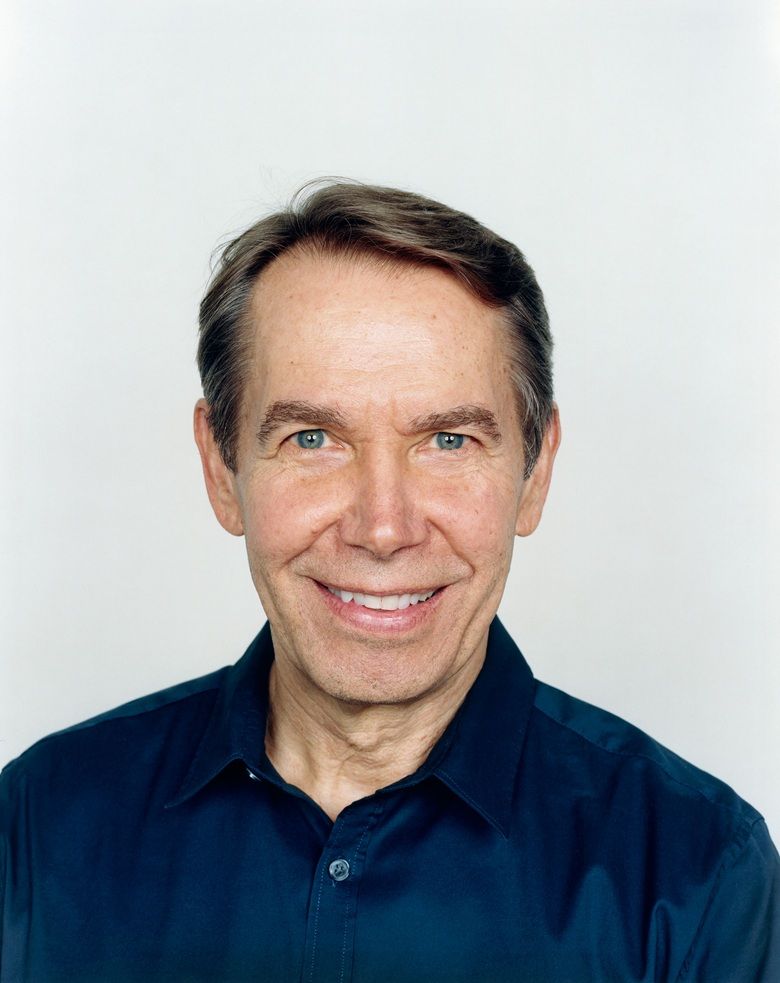
Jeffrey Lynn Koons is an American artist recognized for his work dealing with popular culture and his sculptures depicting everyday objects, including balloon animals produced in stainless steel with mirror-finish surfaces. He lives and works in both New York City and his hometown of York, Pennsylvania. His works have sold for substantial sums, including at least two record auction prices for a work by a living artist: US$58.4 million for Balloon Dog (Orange) in 2013 and US$91.1 million for Rabbit in 2019.
Critics are sharply divided in their views of Koons. Some view his work as pioneering and of major art-historical importance. Others dismiss his work as kitsch, crass, and based on cynical self-merchandising. Koons has stated that there are no hidden meanings and critiques in his works.

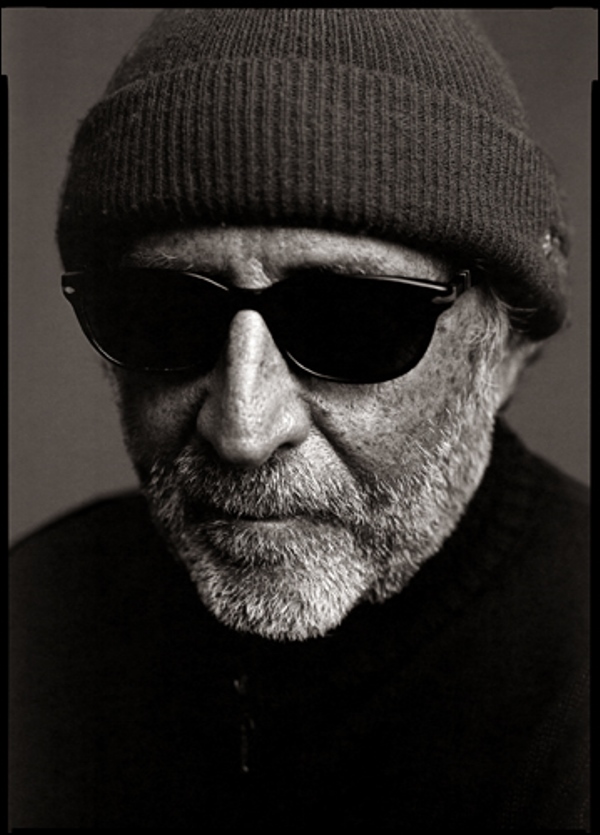
Jacques Olivar is a Moroccan fashion and advertising photographer and filmmaker.
In his youth he worked as a pilot of passenger air transport, but by the age of 40 he finally realized that photography is his vocation. And he became successful quite quickly. Since 1987, fashion photography has become his main profession. Jacques Olivar works for leading fashion magazines and has won many awards.
Emotion, elegance and beauty are the invariable key elements underlying Jacques Olivar's photographic works. The black and white images create an atmosphere of neorealism, while the color images seem to reference the heyday of cinema and build on the idea of the "American Dream".



